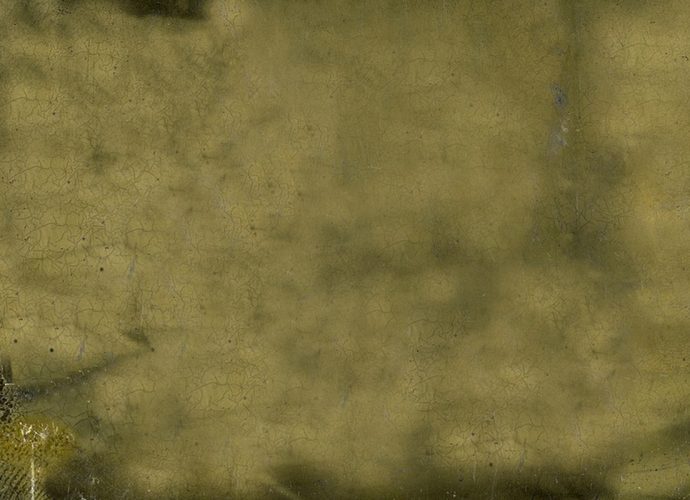Why Is Studying Moral Development Important?
A major criticism of Kohlberg’s theory is that Kohlberg did not account for cultural differences in moral reasoning of men and women. Criticism of Kohlberg’s theory regards justice concerns as developmentally more advanced than reciprocal considerations. What did Lawrence Kohlberg determine moral development? Kohlberg believed that moral development, like cognitiveRead More →









